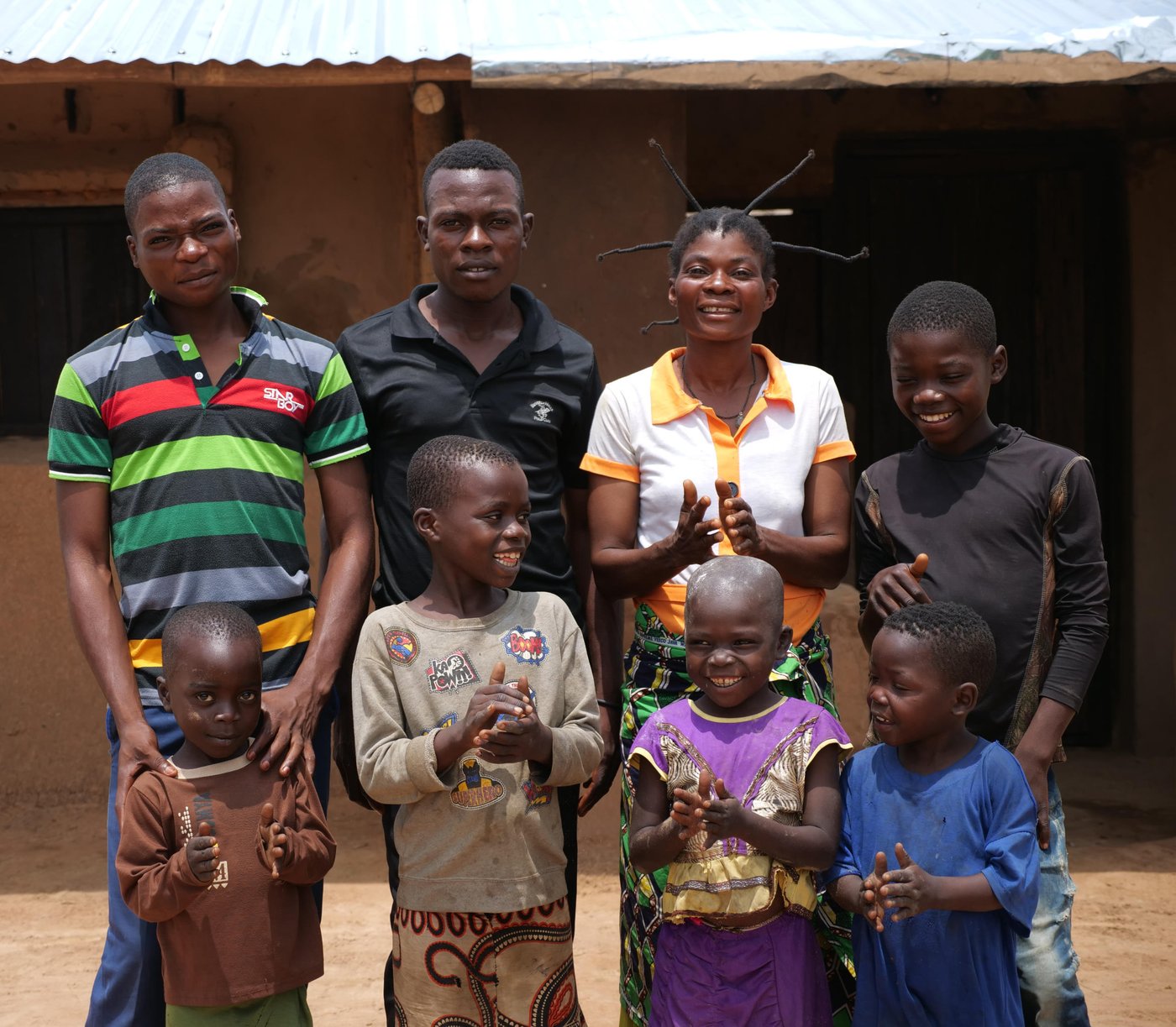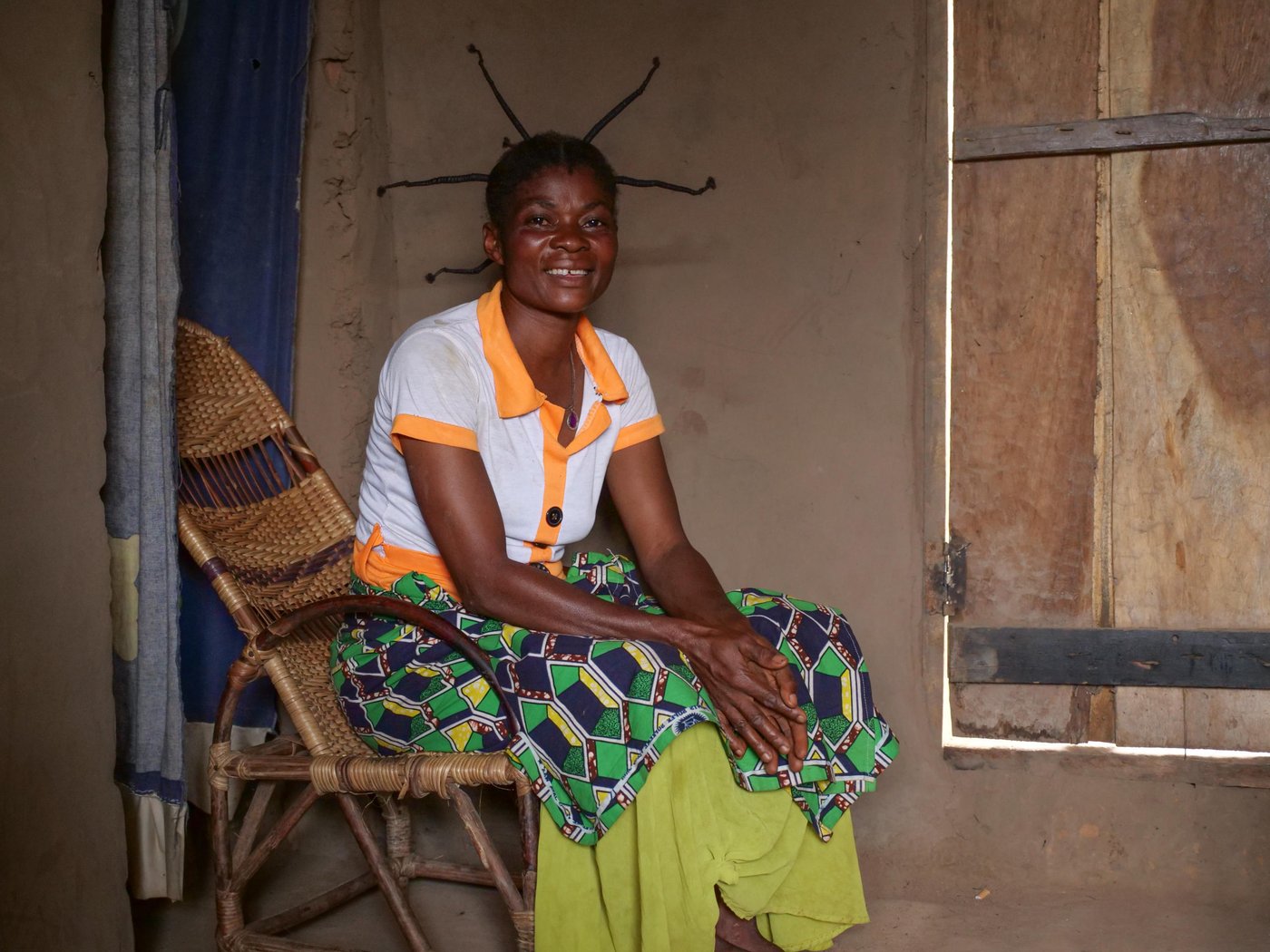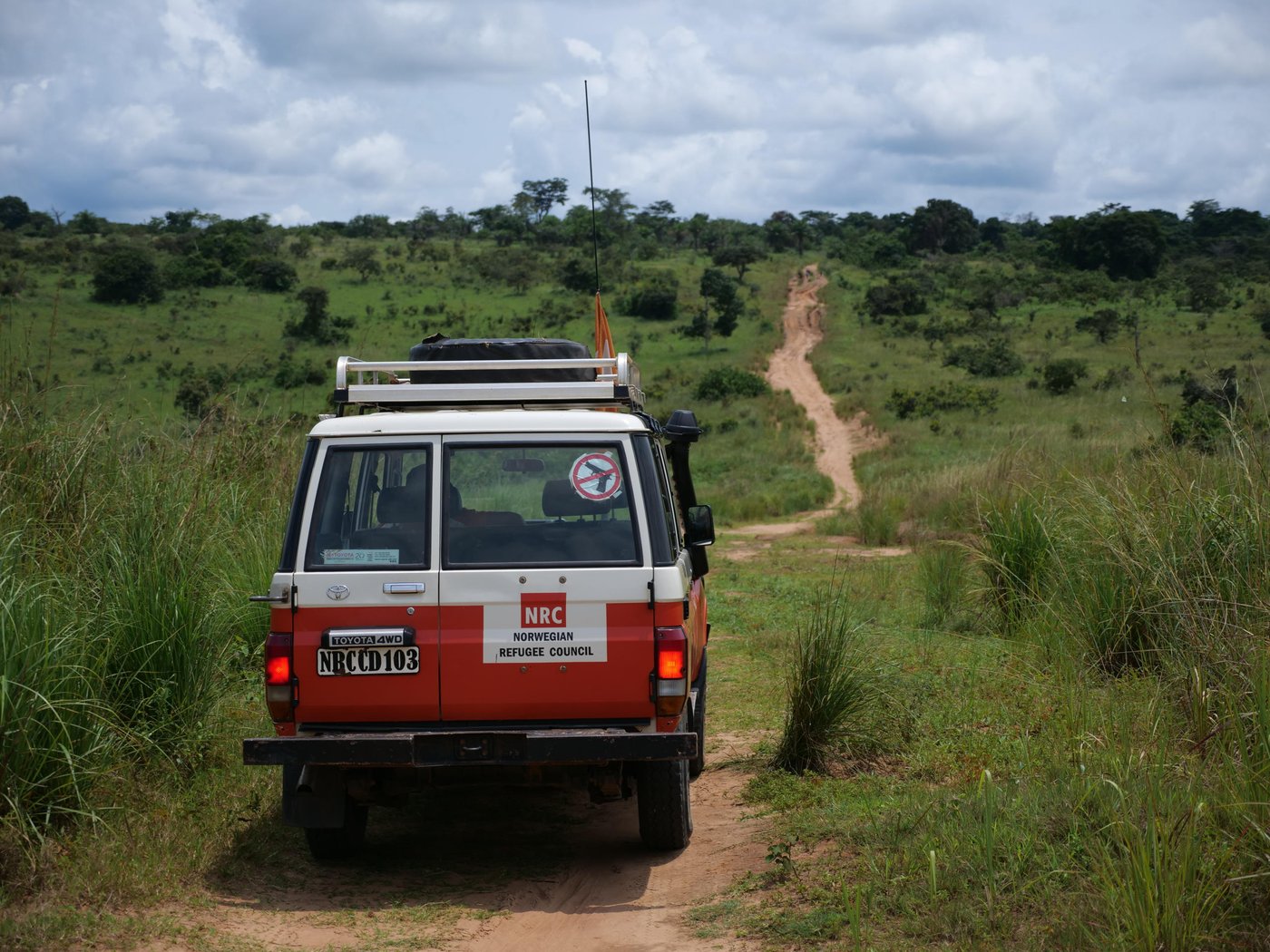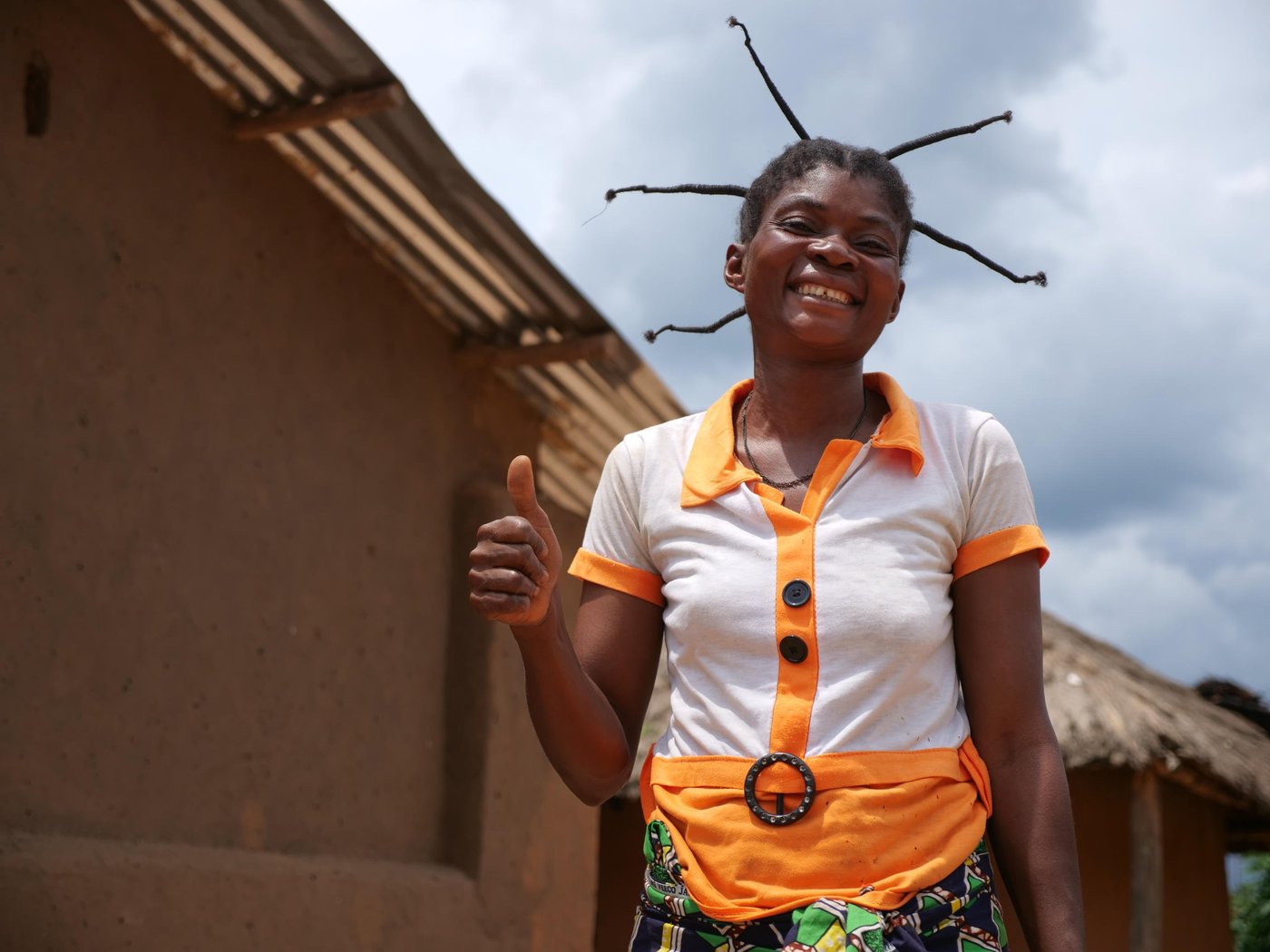
Gunmen attacked and burnt down her village in Tanganyika province. Her husband was killed. Brigitte Bishiya Tshibasu, 38, and her children saved themselves by fleeing into the jungle.
“We sought shelter from the rain under the trees. My children became ill, but we had no access to medicine.”
Brigitte tells of a seven-month hell on earth. The fear. The hunger. And the uncertainty.

“After seven months, the village leader sent word that it was safe to return home, but we had nothing to return to,” she recalls. “Our house had been burnt down. We had lost everything. I had become a widow and had to support myself and the children. It was a hard time. We cried and asked God for help.”
Neglected – but not forgotten
The story of Brigitte and her children is not unique. On average, 6,000 people were forced to flee in DR Congo every day last year, making it one of the biggest displacement crises in the world. But despite the huge scale of the crisis, DR Congo also tops NRC’s annual list of the world’s most neglected displacement crises for 2020.

But it is these people who are at the front of the queue when it comes to prioritising where we should work and whom we should help. Last year, we reached out with lifesaving help to nearly 12 million people in the most war-torn areas of the world. This includes the world’s most neglected displacement crises.
This help has reached the village of Katende, where Brigitte and her family live.

Help to build a new house
“I am so happy and grateful for our new home. The children feel safe, and they no longer fall ill,” says Brigitte, giving us a thumbs up and a big smile.
The Norwegian Refugee Council (NRC) provides assistance to some of the most vulnerable people who return to their homes. Brigitte is one of them. Last year, along with 1,600 other people in 40 villages, she received a sum equivalent to approximately USD 100, earmarked for the construction of a new home.
The lives of Brigitte and her children are by no means perfect. There is still a lot they are lacking in their everyday lives. “But now we at least have a roof over our heads,” she says.
And they feel safer. They can begin to process the trauma of war and make plans for the future.

Helping where the need is greatest
Brigitte and many of her neighbours, several of whom are widows like her, had been waiting a long time for help.
These are the people and the areas we prioritise: “Areas that are hard to reach or where there are few or no other humanitarian aid organisations,” says Maureen Philippon, NRC’s Country Director in DR Congo from 2019 to 2021.
She reminds us of the importance of speaking up about the crises that the world ignores.
“Only then we can achieve change. We want to draw attention to these crises and remind the humanitarian community, the media and politicians about the need for action,” she says.
“A person’s life is equally important, and has the same value, whether he or she is born in DR Congo, in Syria or Iraq. The assistance and political engagement must reflect this, and not depend on strategic priorities or the amount of media coverage a crisis receives.”


